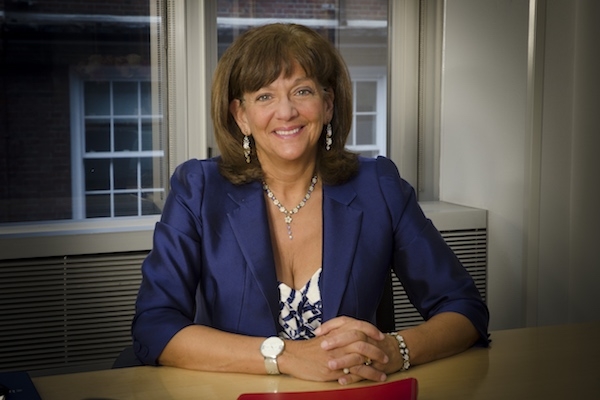Former Pensions Minister Baroness Ros Altmann has questioned whether the pensions Triple Lock is the best way to protect state pensioners in future.
This week reports have suggested that Chancellor Rishi Sunak will review the future of the Triple Lock as a way to save money post-lockdown.
However, the rising cost of the Triple Lock and the fact it is less beneficial to older, and often poorer, pensioners means a Double Lock - increasing state pensions in line with the best of earnings or price inflation - would be fairer to everyone, she said.
She believes policymakers will inevitably turn to the increasing cost of the Triple Lock post-lockdown and a fairer pension system needs to be implemented.
The Triple Lock means state pensioners receive the highest of earnings inflation, price inflation or 2.5%.
She said: “Of course we must protect pensioners, but is this Triple Lock the appropriate policy?
“Providing less protection to the least well off does not seem logical – and the 2.5% element does not have economic or societal logic. The rationale seems to have become entirely political. Of course it is vital to protect pensioners and I would hate to see any return to the widespread pensioner poverty that we have worked hard to overcome. However, with the introduction of the new State Pension, and after the latest crisis, it seems time to move on.”
“Government must commit to ongoing protection but is a Double Lock fairer all round? A double lock, which increases State Pensions and Pension Credit by the best of price inflation or earnings inflation, might be part of the answer.”
The Triple Lock on State Pensions was introduced in 2011 by the coalition government to protect pensioner income against the ravages of inflation and to help them keep up with national average earnings.
However Baroness Altmann said the reality is the system has “serious shortcomings.”
Younger pensioners receive more benefit from the Triple Lock than older pensioners who are limited to the pre-2016 Basic State Pension of £134.25 rather than the flat rate new State Pension of £175.20. Older pensioners, as a result, receive £40 less Triple Lock protection per week than newer pensioners because their Triple Lock applies to a lower pension, she said.
She believes the Triple Lock fails to protect the poorest and oldest pensioners while offering top protection to those who are still in their 60s, who reached pension age since April 2016 and receive the higher New State Pension.

